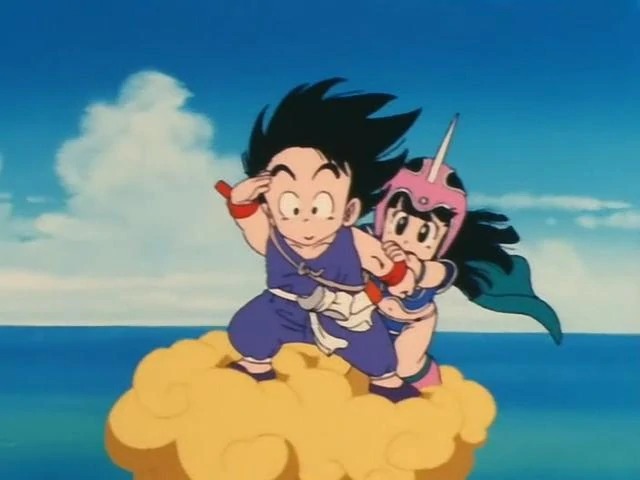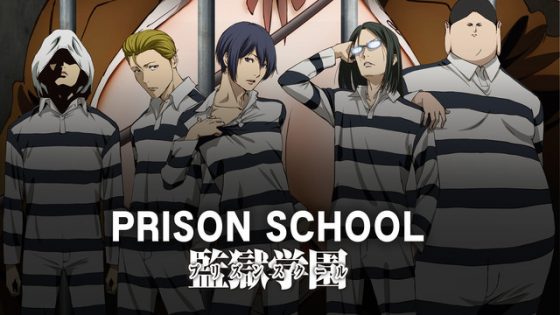
Some of you are probably familiar with the terms “translation” and/or “localization,” mostly as it pertains to anime/manga and video games. Despite going hand-in-hand, they’re by no means one in the same. In the past two decades, the quality and presentation in both mediums have immensely progressed thanks to their rising credibility as art forms! However, there have been instances of when translations have been controversial. For example, some people are content with the old Ted Woosley translations for Square during the Super Nintendo era, and there are those that aren’t. A couple of years ago, Funimation sparked controversy with their dub of Prison School by adding in a reference to Gamergate, which was never referenced in the original Japanese track. So, it all comes down to should translations, or in this case localizations, be literally faithful to the Japanese version? Or should they suit target audiences?
Cultural Differences
As previously stated, translations and localizations go hand-in-hand, but they’re not one in the same. Translation is merely taking something from one language, and putting it into another. When it comes to localization, it goes beyond just translating since it takes cultural differences into account. It’s modifying the text/dialog in a manner to suit the target audience of a specific region. For example, every country has a different style of humor in context to their language and culture. Just because a joke applies in one language/region, doesn’t mean it applies in another, and that’s where localization, appealing to the target audience comes in. Even British and American humor, which both use the English language, are distinguishing due to different histories and cultures.
One old school example that exemplifies this is Super Mario RPG, in which its original Japanese is full of references to pop culture, especially older anime that most international audiences had yet to be familiar with upon its debut. In retrospect, there are some references to anime that are presently internationally renowned such as Sailor Moon and Dragon Ball. In the instance of Dragon Ball, the Terrapin enemy, or the Nokohei in the original Japanese, introduces itself in the original Japanese version by yelling “Usu! Ora wa Nokohei! Jicchan miteru ka?” is a reference to the old Dragon Ball next episode previews of when Chibi Gokuu references himself. Replace Nokohei’s name with Gokuu’s and you got the same line. In case you don’t know what it means, it means “Hey! I’m Nokohei! Are you watchin’ me, Grandpa?” When the game debuted internationally, Dragon Ball had yet to be popular in North America so the line was simply changed to “Yo! What’s goin’ on?” since no English speaking fan would get the reference.
Differences in Humor
For a more recent example, look no further than Phoenix Wright, or Gyakuten Saiban in Japanese. This is one of those instances where if you were to directly translate it from its original Japanese and keep it that way, it wouldn’t make sense due to all the traditional and pop culture references, and the puns. For example, Phoenix Wright’s name in the original Japanese version is Ryuuichi Naruhodo. Naruhodo is a word play on saying “I get it” in Japanese. As a means of complimenting that, Wright is a play on “right,” and the Phoenix name more or less explains itself.
In addition, with the side character Lotta Hart, it’s obviously a play on “a lot of heart,” but in the original Japanese version, her family name was Oosawagi, meaning “to be rambunctious.” If you’ve played the English version, she’s portrayed as a country bumpkin speaking with something akin to an American Southern accent. In the Japanese version, she speaks with an Osaka accent, which tends to be perceived as rougher and more informal in comparison to standard Tokyo Japanese. In order to accommodate her Osaka accent in the original Japanese version, it was best to represent it as a Southern accent, which tends to be seen more as informal in comparison to standard American English.
Context to the Story
In the original Japanese version to I Am Setsuna, its use of the Japanese language is very unique in relation to the world of its game (which qualifies as its own article!). In the original Japanese version, the game’s official title is Ikenie To Yuki No Setsuna, meaning Setsuna of Sacrifice and Snow. To English speakers, they only contextualize Setsuna as one of the characters in the game, which works for them. However, Setsuna is taken from the word “setsunai” meaning “sadness” in Japanese, which is one of the game’s themes. In addition, “setsuna” also means “a moment in time,” which is a reference to the momentum system as you gain Setsuna Points. Due to the meaning of Setsuna in exclusive context to the Japanese language, just simply changing the title in a way for players to contextualize is a way of demonstrating the simple differences between translating and localizing. As for the village names, that’s a different article for a different time.
Final Thoughts

Going back to Prison School’s Gamergate shout out in its dub, it goes back to using pop culture references in appealing to its target audience. Based on the reactions, we can all tell that it still riles people up. Of course, the line was used as a means of contextualizing the tension of the conversation within the show as it relates to what some people speculate what Gamergate was allegedly about (which we don’t want to get into). The point we’re trying to make here is that the people translating/localizing are trying to make the situation identifiable for its audience. In some instances such changes can be necessary, in others, probably not. We’re not here to determine if the Gamergate reference in the dub to Prison School was necessary, but in some instances, certain aspects in its original Japanese wouldn’t transition to another language and that justifies the necessity of localizing.

